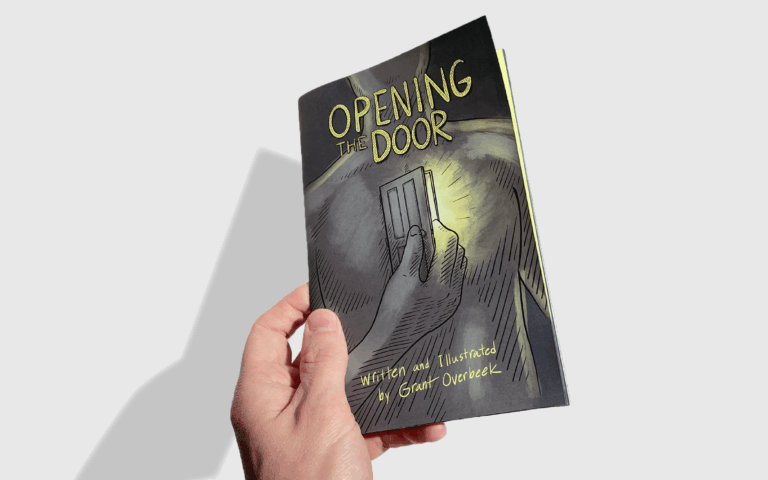For many gay people, shame before God about our sexuality is felt at an early age. So we tried to hide our sexuality from God in order to feel less shame. And then prayer and the Bible were used as weapons by Christians trying to make us straight. When we realized that we did nothing to bring about our sexual orientation, we couldn’t do anything to change it, and God didn’t respond to our pleas for Him to change it—when all of these sunk in, we were angry at God for allowing us to be gay and not relieving us of this burden. All of this combines to leave gay people feeling like God is far away. Gay people desperately want to feel close to God, but they don’t know how anymore. How can Christian leaders care for gay people in this space?
God is not surprised
We can reassure gay people that God is not surprised that they are gay, and He sees them as valuable (Psalm 139). Reassure gay people that they don’t have to become straight for God to love them. We are all broken and accepted before a gracious and merciful God who will never abandon us.
Be honest with God
Invite them to be honest with themselves and God—God can take it. Honestly sharing with God how we feel toward Him is intimate, even if our emotions are misplaced. Plus, avoiding emotions toward God that we think we aren’t supposed to feel can become a barrier to intimacy with God.
Cast out shame
Shame is Satan’s primary weapon in many experiences that involve secrecy, particularly those that are sexual in nature. Respond to that shame by helping the individual identify and reject shaming messages they tell themselves and hear from others. People may find relief from shame when they share their stories with others.
Invite God back in
Invite God back into the conversation carefully. It is of upmost importance to strike the right balance between encouraging a personal relationship with Jesus, encouraging Bible reading and prayer, and not doing further damage or causing more shame. For some LGBT+ people, this might mean patiently waiting for the Holy Spirit to heal old wounds caused by others who wielded Scripture and prayer as weapons. For others, it may mean finding non-threatening ways to include Bible reading and prayer in their lives.
-
This could mean using corporate prayers that are read aloud together during community group. An LGBT+ person may feel disconnected from private prayer, perhaps having been assured countless times that God would heal them through prayer. When He didn’t, prayer became a reminder of their failure to pray hard enough or God’s failure to act. Corporate prayer may be a way for LGBT+ people to engage in prayer safely.
-
This could mean avoiding “God is my friend”-type worship music. For someone who has been convinced that God is disappointed or disgusted with them because of something they can’t control (their sexual attraction), God doesn’t seem like a friend. He’s more like an angry giant. Instead, churches can choose music that leans on theology or corporate lament or praise instead of emotion-driven appeals.
-
This may mean that God doesn’t “speak to” everyone when they read Scripture and that not everyone will benefit from a “personal devotion” or “quiet time.” Be ok with Scripture used as learning about God’s character and the way He wants us to live. Not everyone will find a personal meaning in Scripture that fits their exact circumstance and walk away from Bible study feeling that they were “fed” or “filled.” Offer these Christians other ways to engage in Scripture and deepen their understanding of the character of God that isn’t dependent on emotions.
Of course, we hope that Bible-reading and prayer eventually lose their shame-producing capabilities. We want gay people to think of God as a loving brother and hear His voice. But for many LGBT+ people, that’s not the reality right now. And it may never be. So we can get creative with our discipling efforts.






